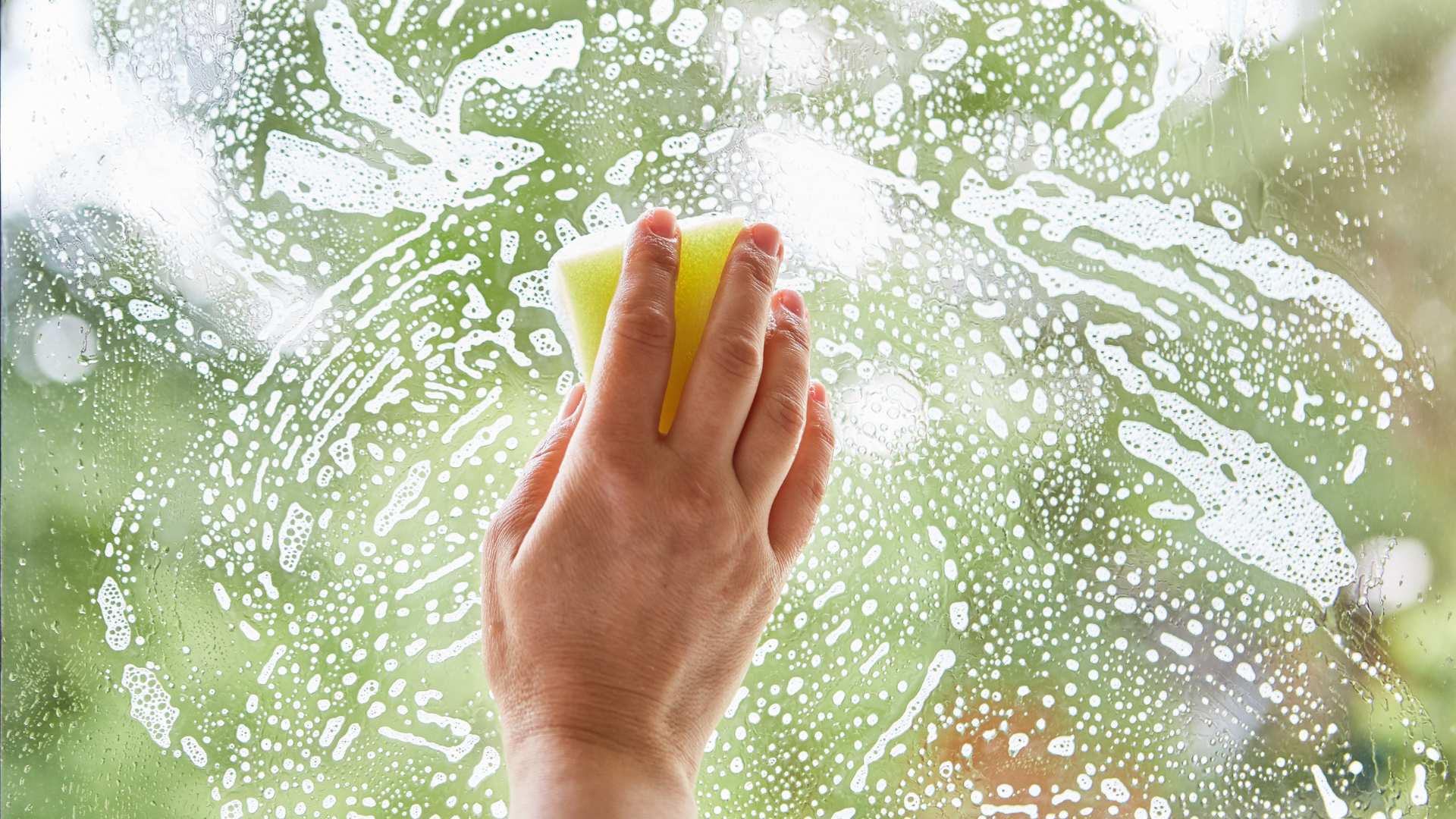Alcohol and Mental Health: How Alcohol Use Contributes to Anxiety and Depression

By Thrive Reno Therapist Alexandra Corona, MFT-Intern, CADC-Intern
Commonly consumed as a way to relax after long days or in congruence with social occasions, alcohol is a widely used and culturally accepted drug despite warnings of its dangers by health experts . When a person regularly drinks alcohol to cope with uncomfortable emotions, the behavior can have distressing implications on their physical and mental health. Although often intended as a means of escaping stress, sadness, or other unpleasant emotions, alcohol itself is a depressant that can contribute to negative feelings and exacerbate any existing mental health conditions — especially with prolonged use.
Alcohol influences thoughts, mood, and behaviors by impacting the central nervous system in a way that slows the communication between the brain and the body. Without the ability to process information effectively, the brain isn’t able to regulate emotions and consider consequences effectively which may promote unhealthy behaviors, including drinking to excess.
Ways that alcohol can affect cognitive functioning include:
- Lowering inhibitions
- Contributing to poor judgment
- Causing confusion
- Causing lapses in memory
- Disrupting sleep
- Contributing to shifts in mood
ALCOHOL USE AND MENTAL ILLNESS
According to the National Survey on Drug Use and Health , 9.2 million adults in the United States, or 3.7 percent, struggled with co-occurring mental illness and substance use disorder (SUD) in 2018. Furthermore, alcohol abuse commonly occurs with mental illness, especially conditions involving depression and anxiety . Frequently, individuals struggling with depression or anxiety drink alcohol as a way of suppressing their symptoms. Although alcohol may provide them with temporary relief, it expends the chemicals in the brain which help ward off anxiety and depression. When the initial effects of the drug fade, individuals are typically left feeling more depressed or anxious than they did before they began drinking.
Alcohol Use and Depression
The slowed functioning of the brain caused by alcohol can allow individuals to feel numb to their suffering. As such, those experiencing depression may be inclined to drink to avoid the sadness and discomfort associated with depression. This maladaptive coping behavior is so prevalent that research shows a clear relationship between alcohol use disorder (AUD) and major depression. Using alcohol while depressed can be extremely dangerous. Not only can alcohol negatively interact with medications used to treat depression, but it can also place individuals experiencing depression at an increased risk for suicidal thoughts and behavior . If you’re experiencing suicidal thoughts or behaviors, you can reach the National Suicide Prevention Hotline at 1-800-273-TALK (8255).
Alcohol Use and Anxiety
According to a study on anxiety and AUD , a person with an anxiety disorder is two to three times more likely to develop an alcohol abuse disorder. When individuals with anxiety drink alcohol, they may feel an initial alleviation of their symptoms as well as a sense of euphoria. However, the symptoms of hangovers and alcohol withdrawal following heavy drinking can heighten feelings of anxiousness and interfere with one’s daily obligations which can contribute to even more agitation. Individuals with anxiety may be driven to drink more to tamper their stress and re-establish the sense of euphoria, resulting in a dangerous cycle of alcohol abuse.
UNHEALTHY DRINKING BEHAVIORS AND ALCOHOL USE DISORDER (AUD)
Most who regularly rely on alcohol to cope with difficulties don’t have AUD, which develops when addiction is present. However, they may still benefit from mental health support .
Signs of unhealthy alcohol use include:
- Feeling a need to consume alcohol to make it through the day
- Feeling unable to stop consuming alcohol
- Progressively feeling a need to increase consumption of alcohol
- Drinking to prevent or alleviate symptoms of hangover or withdrawal
- Feeling ashamed of one’s alcohol consumption
- Having loved ones express concern over drinking habits
AUD is a condition that is often driven by genetics, abuse, trauma, or unhealthy family dynamics. Healing from AUD is entirely possible and can be treated by mental health professionals.
Signs of AUD include:
- Alcohol use that interferes with the ability to carry out daily activities
- Drinking despite the behavior’s adverse effects on their life
- Often drinking more or over a longer period of time than intended
- Persistent desire and unsuccessful attempts to curb alcohol use
- Revolving one’s schedule around drinking
- Experiencing strong cravings for alcohol
- Continuing to drink despite experiencing recurring illness or social issues as a result of alcohol use
- Giving up activities one used to enjoy in favor of drinking
- Using alcohol during situations where it’s physically hazardous to be impaired
- Continuing to use alcohol despite knowing that it exacerbates a known existing health condition
- Developing a tolerance for alcohol, or needing more alcohol to feel the same effects
- Experiencing alcohol withdrawal or drinking more to avoid withdrawal
SUPPORT FOR ALCOHOL ABUSE AND ITS MENTAL HEALTH IMPACTS
As humans, it’s sometimes uncomfortable for us to process difficult experiences and feel intense emotions. Therapy can help heal the source of your struggles driving alcohol use, while also guiding you in implementing healthy strategies for processing painful emotions. Through professional mental health support, you can be empowered to embrace life without having to rely on alcohol. Thrive offers outpatient therapy for substance abuse struggles in addition to other mental and behavioral health conditions. Reach out to learn more.
ADDITIONAL RESOURCES
- SAMHSA’s National Helpline: A free, confidential, and 24/7 service for individuals and families facing mental health conditions and/or substance use disorders, reachable by calling 1-800-662-HELP (4357) or texting 435748 (HELP4U).
- National Institute on Alcohol Abuse and Alcoholism’s (NIAAA) Treatment for Alcohol Problems : A guide for individuals and their loved ones who are looking for options to address struggles with alcohol use.
About the Author
Thrive Reno Therapist Alexandra Corona, MFT-Intern, CADC-Intern
Alexandra “Alex” Corona was born and raised in Reno, Nevada, and boasts both a bachelor’s degree in human development and family studies (HDFS) from the University of Nevada, Reno and a master’s degree in marriage and family therapy (MFT) from Capella University. As a therapist at Thrive Wellness Reno, she currently supports clients who are struggling with eating disorders and perinatal mood and anxiety disorders (PMADs). Additionally, she offers outpatient therapy services for both individuals and families, specializing in trauma, anxiety, depression, and addiction. Alex is actively working towards becoming a licensed substance abuse counselor and certified sex therapist, as she is particularly passionate about helping others improve their lives in these aspects. She finds great fulfillment in encouraging individuals to form deeper connections with themselves and with their loved ones in order to reach their full potential authentically and unapologetically.
In her personal time, Alex enjoys living life to the fullest and adventuring with family, friends, and her three dogs.
The post Alcohol and Mental Health: How Alcohol Use Contributes to Anxiety and Depression first appeared on Thrive Wellness.

Start your healing journey today
NEXT STEPS
Are you ready to find hope? We can't wait to connect you with the care you need. To get started with us, please reach out using the link below.

Obsessive Compulsive Disorder

Perinatal
Mental Health
Obsessive Compulsive Disorder
Perinatal
Mental Health
SITE MENU
THRIVE LOCATIONS
Reno, NV 89501
OCD & Anxiety Disorders
Luella Garvey House
Perinatal Mental Health
"It Takes A Village"
Virtual Program
All Rights Reserved | Thrive Wellness | PRIVACY POLICY





